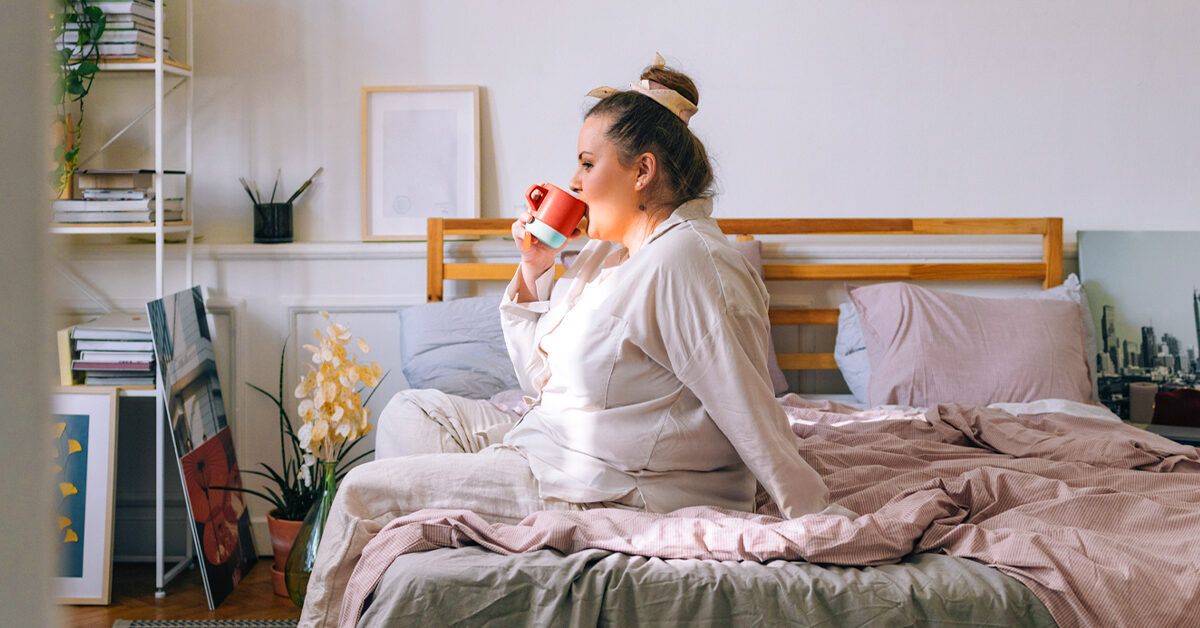How Much Sleep Do You Need?
Understanding Your Sleep Needs
Your sleep needs vary during your lifetime and by how many sleep cycles you need to feel rested. Keeping track of your sleep schedule might not always be your top priority, but getting enough sleep is critical to your health. The amount of sleep you get can affect everything from weight and metabolism to brain function and mood.
For many people, wake-up time remains fairly constant from day to day. The time you go to sleep, however, may vary. Knowing the specific amount of sleep you need to function at your best can help you determine what time to go to bed.
Calculating Your Sleep Needs
To calculate the best time to go to bed, consider the following factors:
* Your wake-up time
* Completing five or six 90-minute sleep cycles
* Allowing 15 minutes to fall asleep
Too little sleep can affect your body’s systems and restorative functions. Health and mental health conditions can contribute to sleep deprivation. This can include poor quality sleep, which can worsen these conditions and fuel a cycle of sleeplessness.
Physical Impacts
A night of poor sleep can cause physical effects, including:
* Long-term sleep deprivation can take a more severe toll on your health, leading to:
Emotional and Mental Health Impacts
Not getting enough sleep can affect your mood. Not getting enough sleep can lead to:
* Research suggests sleep deprivation can worsen mental health symptoms, including depression, anxiety, paranoia, and hallucinations.
* Sleep deprivation has also been linked to symptoms of some mental health conditions, including:
Cognitive Impacts
When you don’t get enough sleep, your brain can’t work as efficiently, and you may have trouble concentrating and remembering things. Research suggests sleep deprivation negatively affects functions of the brain’s frontal lobe, including:
* attention
* alertness
* decision making
* judgment
* memory
* response
These effects can play a part in:
* declining performance at work or school
* changes in judgment and impulse control
* accidents
Does Your Need for Sleep Change with Age?
Your need for sleep changes with age and typically stabilizes around age 20. As you get older, you generally need less sleep. Environmental, behavioral, and medical factors can influence how much sleep you need, and those may change throughout your life.
Why Am I Still Tired After Sleeping for 8 Hours?
There are a few possible reasons you might wake up tired, even after sleeping for 8 hours. A good place to start exploring these reasons? Consider your sleep habits and sleep hygiene practices.
If you wake up tired after sleeping for 8 hours, you may need to adjust your sleep hygiene practices or treat an underlying condition. Things that could detract from quality sleep include:
* your sleep environment
* movement or noise from a bed partner or pet
* sleep disorders like insomnia or sleep apnea
* chronic pain
* an underlying medical or mental health condition
Is It Healthy to Nap During the Day?
Taking naps longer than 30 minutes during the day may negatively affect sleep quality at night. In a 2023 study, longer nappers who napped for longer than 30 minutes during the day had an increased risk for cardiovascular disease than people who napped for less than 30 minutes.
Conclusion
If you aim for 7 to 9 hours of sleep each night, a sleep calculator like the one above can help you figure out what time to go to bed based on your wake-up time. Ideally, waking up at the end of your sleep cycle, when you’re most likely to feel rested, would be best. Quality sleep supports good health, so if you’re having trouble falling or staying asleep, consider contacting a healthcare professional.
FAQs
Q: How much sleep do I need?
A: Your sleep needs vary during your lifetime and by how many sleep cycles you need to feel rested.
Q: Why do I need to sleep?
A: Sleep is critical to your health, affecting everything from weight and metabolism to brain function and mood.
Q: How do I calculate my sleep needs?
A: Consider your wake-up time, completing five or six 90-minute sleep cycles, and allowing 15 minutes to fall asleep.
Q: What are the physical impacts of sleep deprivation?
A: A night of poor sleep can cause physical effects, including fatigue, irritability, and decreased cognitive function.
Q: How does sleep deprivation affect mental health?
A: Not getting enough sleep can affect your mood, leading to depression, anxiety, paranoia, and hallucinations.
Q: Can I nap during the day?
A: Yes, but taking naps longer than 30 minutes may negatively affect sleep quality at night.
Recommended Products:
-
Sale!

Genius Mushroom – Lions Mane, Cordyceps and Reishi – System Booster & Nootropic Supplement – for Energy & Support, 90 Veggie Pills
Original price was: $23.99.$21.95Current price is: $21.95. Buy Now -
Sale!

Source Naturals Wellness Formula Bio-Aligned Vitamins & Herbal Defense for Advanced Immune Support* – Dietary Supplement & Immunity Booster – 120 Capsules
Original price was: $25.75.$17.94Current price is: $17.94. Buy Now -
Sale!

TheraTears Omega 3 Supplement, 1200mg, 90 ct (Pack of 1)
Original price was: $14.99.$12.29Current price is: $12.29. Buy Now



